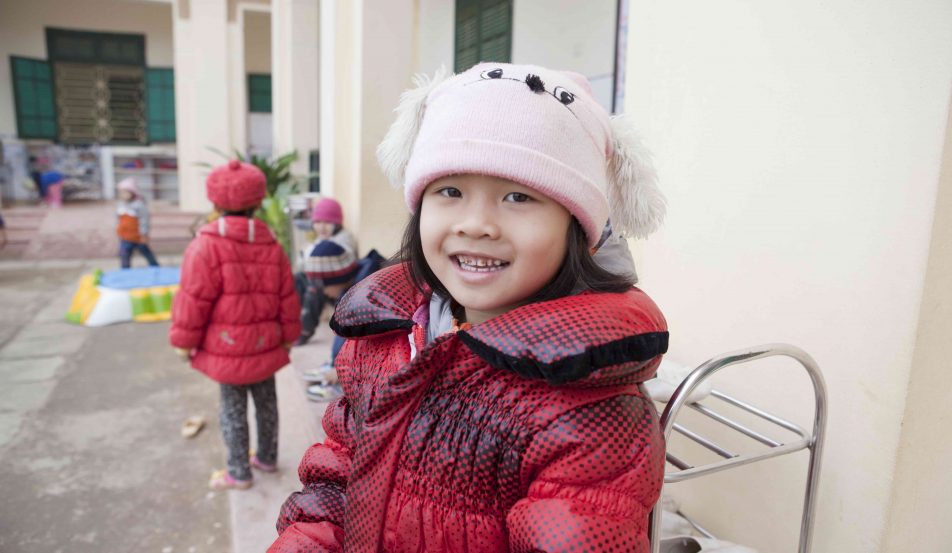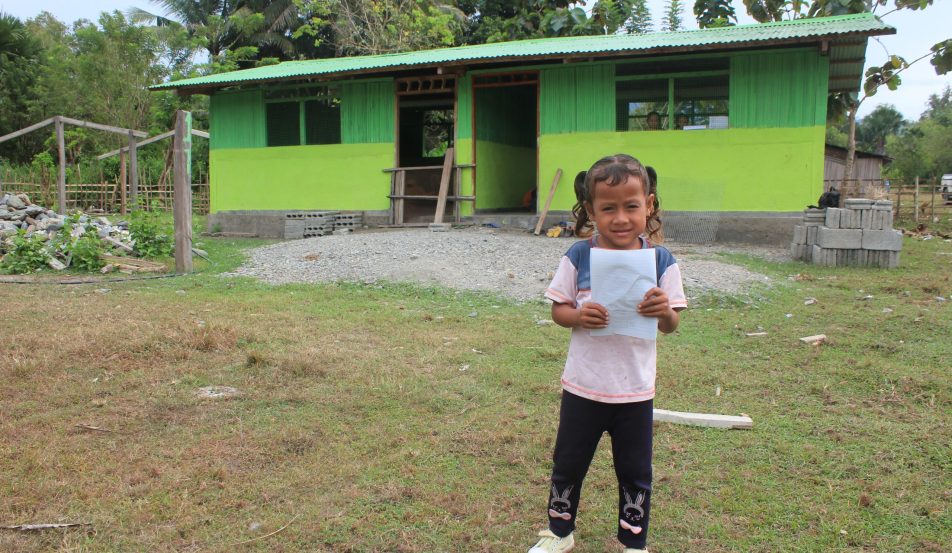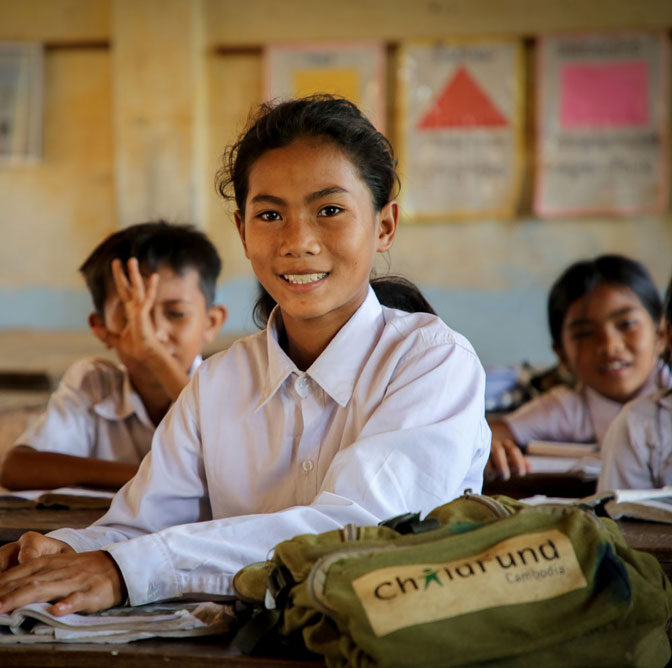What is World Children’s Day and why is it important?
World Children’s Day, also known as Universal Children’s Day, is celebrated every year on the 20th of November. World Children’s Day offers us an opportunity to promote and celebrate children’s rights that will build a better world for them. ChildFund Australia partners with others to create community and systems change which enables vulnerable children and young people, in all their diversity, to assert and realise their rights.
What is the origin of World Children’s Day?
World Children’s Day, or Universal Children’s Day, was first observed on November 20, 1954, with the goal of promoting international cooperation, raising awareness among children around the world, and improving children’s welfare.
The United Nations General Assembly enacted the Declaration of the Rights of the Child on November 20, 1959, a major milestone in children’s rights. The UN General Assembly adopted the Convention on the Rights of the Child on this day in 1989.
What the convention on the rights of the child says:
- Children are entitled to an education.
- Children must be treated with decency and respect. They must be cared for, given opportunities to grow, and included in their communities.
- Children have the right to have their voices heard and to participate in choices that impact them.
- Children have the right to be safe from violence and prejudice, regardless of where they live or their ethnic or social origins, abilities, birthplace, or other status.
What is the theme of World Children’s Day 2022
The UN provides a particular theme every year for World Children’s Day to promote awareness among children, The UN provides a particular theme every year for World Children’s Day to promote awareness among children, togetherness and improving children’s welfare. The theme of 2022 is “Inclusion, For Every Child”. This theme means that every child belonging to any society, community or nationality is entitled to equal rights and the opportunity to be included.
Why the right to education is vital
The COVID-19 economic crisis is threatening to hurt children and families the hardest. The number of children living in multidimensional poverty – those without access to education, health, housing, nutrition, sanitation, or water – has now reached 1 billion worldwide, with an additional 365 million children living in extreme poverty. Children in these rural and poor areas don’t have the privilege of being able to remotely access online classes and typically put aside their education entirely to support their family. Even before the COVID- 19 pandemic, approximately 260 million children, or roughly one in 10, were out of school.
Due to the magnitude and complexity of the issue, driving programs to reach the most vulnerable children are necessary. One of the ways that ChildFund works to alleviate child poverty is through the collection of monthly donations, ensuring that children can experiences a childhood in which they are nurtured, protected and given access to opportunity.
Why the right to access food and water is vital
Currently, millions of children worldwide are suffering due to severe shortage of food and water. The impacts of the COVID-19 pandemic, coupled with severe drought and conflict, has led to more than 4 million children in Kenya being in need of emergency food assistance.
ChildFund Australia is currently working with ChildFund Kenya and local partners on the ground to provide urgent support to drought-affected children and families facing hunger and famine.
You can make a difference and provide inclusivity for these children by donating to ChildFund Australia’s Hunger Crisis Appeal. Your donation will provide emergency cash transfers to families who need it most, specifically those with children who are hungry and malnourished.
How to get involved with World Children’s Day activities
Parents, guardians, family members, teachers, and other role models can follow the following steps for the well-being of children:
- Actively participate in children’s physical and emotional health.
- Treat all children with dignity and respect and educate them on their rights on this day.
- Positive parental or guardian involvement in their children’s education is linked to improved abilities in their children.
- Consider your children’s sentiments and appreciate their thoughts.
- Engage with children in structured activities and even playing games.
- Enquire about your child’s educational, daily routine challenges, and work.
- Encourage children to use their right to voice their thoughts, feelings and opinions.
- Donate to initiatives that protect vulnerable children and their rights, such as ChildFund Australia’s Hunger Crisis Appeal.
The equal future: supporting children’s rights everywhere
This World Children’s Day, we invite you to join us in educating children of their rights, protecting and uplifting children. The more children understand their rights, the more they take charge of their place in our society, and the more we can ensure children thrive. Support vulnerable children this World Children’s Day and beyond by signing up to donate monthly to ChildFund Australia.ay season by getting a ‘Gift for Good’.






